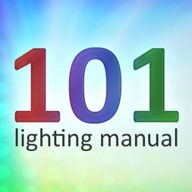Goulburn
New elf
Just a heads up everyone. Always check the output polarity of these power supplies. The +5V , and +5V outputs were reversed to what was displayed on the outside sticker.
It was just lucky that I tested the outputs before connecting to my JSYS controller.
Edit: yes, I did have my multi meter terminals the correct way, tested with a 9V household battery, which gave correct results.
It was just lucky that I tested the outputs before connecting to my JSYS controller.
Edit: yes, I did have my multi meter terminals the correct way, tested with a 9V household battery, which gave correct results.

